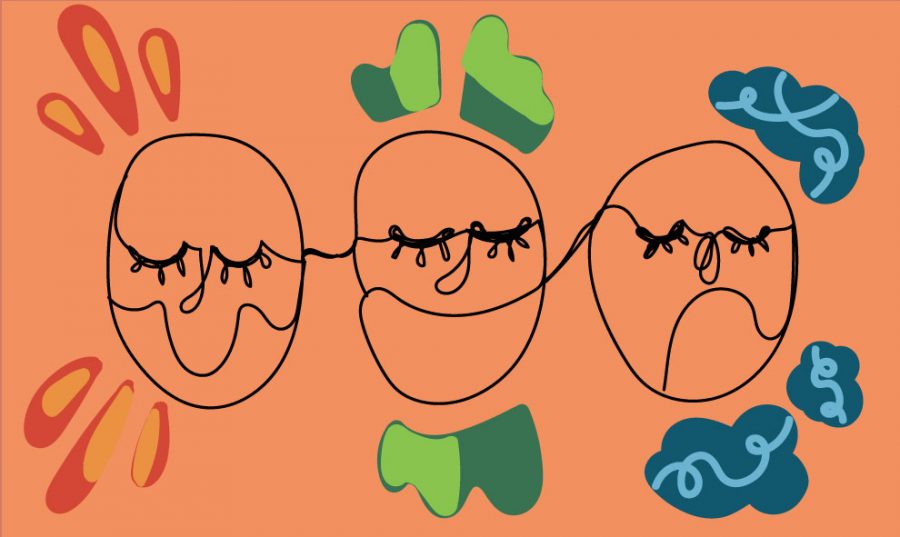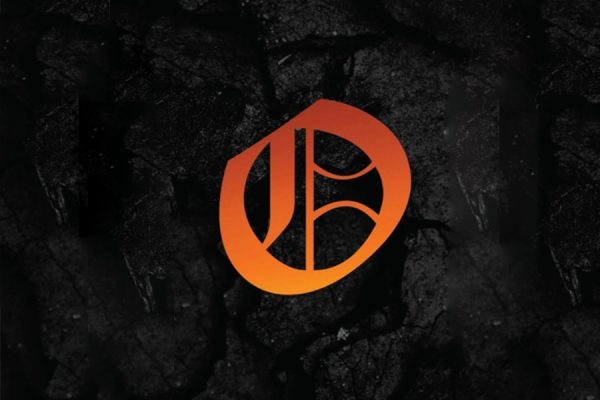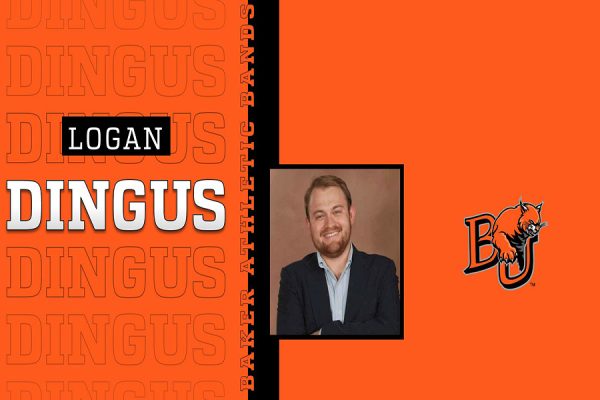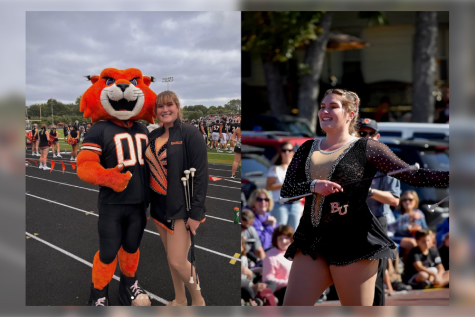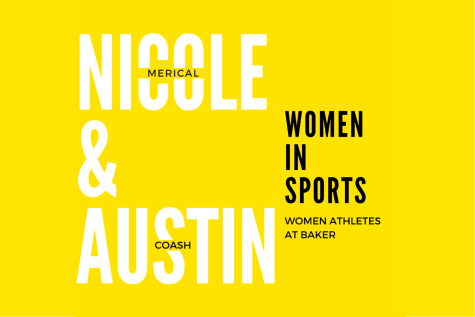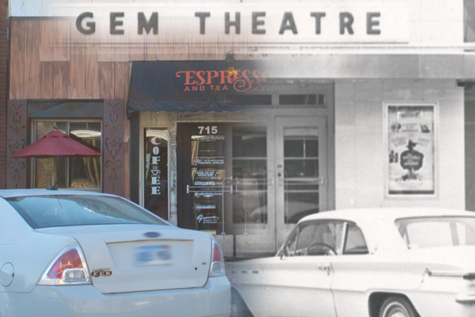Mental health and celebrities: The double standard that is our reality
*Trigger warning*
On Feb. 15, Caroline Flack unexpectedly died of suicide in her London apartment. Flack was the host for the UK reality TV show “Love Island,” and was adored by many. Variety.com noted Flack as “one of the UK’s most recognizable reality hosts,” with her Instagram following count standing at 2.7 million. Flack’s outer appearance was broadcasted to the masses, but few knew what was actually going on in her life.
According to Metro UK, Flack had some things going on behind the scenes, including being charged with assault in 2018 by her boyfriend Lewis Burton. She was due to appear in court about two weeks following her death. Flack pleaded not guilty, but was still asked to step down from hosting “Love Island,” giving up the hosting position to close friend Laura Whitmore.
The typical support Flack received was overshadowed by social media users who did what they do best; scrutinize a person they know nothing about. This has become a prevalent problem in today’s society. Not only do comments online have the potential to be hurtful and unnecessary, but they also create a diminishing and toxic environment. Imagine every time you logged onto Instagram, you had thousands of people saying hurtful things toward you. Negative comments online create a toxic and uninviting environment, that can eventually lead to detrimental mental health.
“Depression is an illness that knows no boundaries. It is not selective and does not discriminate against anyone… it affects people from all walks of life.”
Flack wrote on an Instagram post from Dec. 24, 2019 that said, “this kind of scrutiny and speculation is a lot to take on for one person,” before adding that she was taking time out to “feel better and learn some lessons from situations I’ve gotten myself into.”
Flack’s story is a common one and it highlights an issue that needs to be addressed.
“Depression is an illness that knows no boundaries. It is not selective and does not discriminate against anyone… it affects people from all walks of life,” the Hope for Depression Research Foundation said.
According to Stylist.co.uk, actor and chat show host, Ellen Degeneres has been effected greatly by the opinions of the media int the past.
She fell into a deep depression after publicly coming out as gay on her sitcom “Ellen,” receiving hate induced pushback including death threats and a bomb scare. It took years for Degeneres to get back on her feet, the media having a huge say. Degeneres and Flack are just two of the many celebrities who are faced with this daily challenge.
The mental health of celebrities is set aside as non-priority while strangers are allowed to and even encouraged to give their commentary.
On Oct. 14, 2019, World Mental Health Day, Flack posted a photo on Instagram with the caption, “the last few weeks I’ve been in a really weird place… I find it hard to talk about it …and when I actually reached out to someone they said I was draining. I feel like this is why some people keep their emotions to themselves. I certainly hate talking about my feelings. And being a burden is my biggest fear… Be nice to people. You never know what’s going on. Ever.”
Flack possessed a level of emotional awareness and understood the impact those emotions have on people.
Being under the microscope of fame, every action is looked at, analyzed and then continued to be either praised or criticized by thousands of people online. Yet somehow, the celebrity has no say or control in what is said about them. Society and the media have cultivated a world where the emotions of celebrities are not considered by the thousands of people who share their opinions; positive or not.
On a post from Nov. 19, 2019, user @larissalocker commented, “a sad reflection of the world we live in -under constant scrutiny regarding her personal life from people who didn’t know her and were hiding behind a screen. So cowardly and unnecessarily cruel.”
We can never know for sure, but it is safe to say that Flack was experiencing an immense feeling of distress, grief and loneliness. According to her post on World Mental Health Day, she expressed that she felt like a burden. During the same time, she saw the hurtful comments flood in about her life decisions and her controversy, but all she could do was let it happen.
Negativity online causes unnecessary emotional harm. Everyone you meet is fighting a battle and hurtful comments are only adding hardship on top of additional personal situations. We are all human beings and deserve to be treated with respect.
Celebrities are real humans too. They can feel overwhelmed, disappointed and sad just like the rest of us. So why treat them any differently?
If you or a loved one are struggling in any way, please do not hesitate to reach out for help.
Student Counseling Center: https://www.bakeru.edu/healthcenter/
National Suicide Prevention Hotline: 1-800-273-8255

Rebekah Nelson is a senior from Newton, Kans, majoring in mass media and minoring in studio art. She works as the multimedia editor for The Baker Orange...


